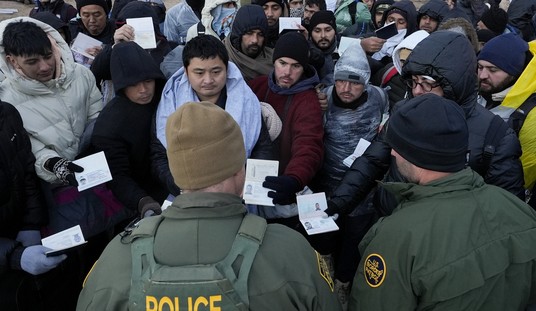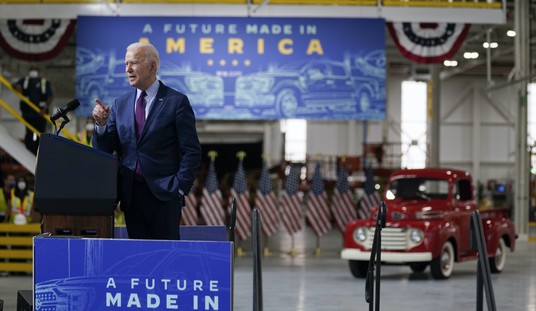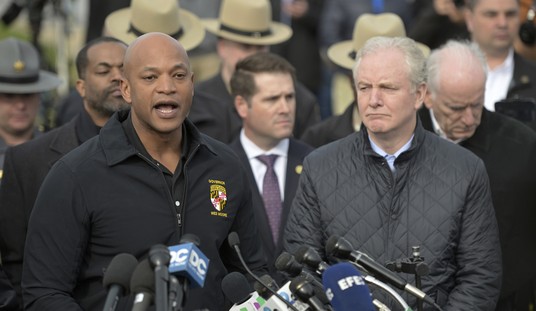You might think that United States grand strategy in the Middle East should be founded in an understating of long-term American interests, its traditional partnerships, and a careful review of the interwoven and often conflicting interests of regional actors. Or, you could just throw darts at a board and back whichever regional partner looks appealing at the moment. The latter strategy has characterized this administration’s approach to international affairs.
When the rising tide of Arab Spring rebellions toppled the government of longtime Yemeni President Ali Abdullah Saleh in 2012, his successor, Abed Rabbo Mansour Hadi, immediately received the support of the West. For years, Hadi’s government presented itself as a pro-Western force and cooperated closely with United States’ efforts to combat al-Qaeda in the Arabian Peninsula. This cooperative relationship led President Barack Obama to tout the success his counterterrorism strategy enjoyed in Yemen; a claim he personally made as recently as September, and which members of his administration still make today.
In order to preserve this dubious success story, this administration has given up on consistency. In January, as what appeared to be a Houthi-led coup toppled the Hadi government in Sanaa, the administration reportedly began to make overtures to the Houthis with the promise of facilitating the organization’s ascension to power.
“The U.S. has formed ties with Houthi rebels who seized control of Yemen’s capital, White House officials and rebel commanders said, in the clearest indication of a shift in the U.S. approach there as it seeks to maintain its fight against a key branch of al Qaeda,” The Wall Street Journal reported in January.
“We have to take pains not to end up inflaming the situation by inadvertently firing on Houthi fighters,” a senior U.S. official said. “They’re not our military objective. It’s AQAP and we have to stay focused on that.”
Washington’s outreach to the Houthis, who in January routed forces loyal to President Abed Rabbo Mansour Hadi, a close American ally, represents a contrast from years of U.S. support for the Hadi government, which the Houthis have opposed.
The shift also could place it on the same side as Iran in the Yemen conflict. The Houthis are drawn from their country’s Zaidi population. Zaidis, who by some estimates make up roughly a third of the population, practice a form of Shiite Islam and are concentrated in northwest Yemen. U.S. officials believe the militia has received considerable funding and arms from Shiite-dominated Iran, something Houthi leaders have variously confirmed and denied.
The lack of foresight apparent in this approach to geopolitics was staggering. But, as the unnamed official above said, Washington had no greater desire than to have a partner in Sanaa that would allow the drone war on AQAP to continue.
Flash forward to March, and those American overtures have been soundly rejected by the “anti-American” Houthi militia.
“Now, U.S. officials acknowledge their efforts against Yemen’s dangerous al-Qaeda affiliate are seriously hampered, with the American embassy closed and the last U.S. troops evacuated from the country over the weekend,” the Associated Press reported on Wednesday in a dispatch that has since been scrubbed. “Although the Houthis have seized control of much of the country and are avowed enemies of al-Qaeda, they can’t project power against the militants the way the Hadi government could with American support, officials say. Deeply anti-American, the Houthis have rejected U.S. overtures, officials say.”
Rejected, the White House began condemning the Houthis’ attacks on what they now deem the “legitimate government” of Yemen and has sanctioned a Saudi-led coalition assembled to roll back the Shiite rebel tide on the Arabian Peninsula.
“President Obama has authorized the provision of logistical and intelligence support to GCC-led military operations,” National Security Council spokeswoman Bernadette Meehan said in a statement, referring to the Gulf Cooperation Council.
…
Condemning the Houthi rebels, a Shiite militia that launched a power takeover in the Yemeni capital Sanaa in February, Meehan said Washington had also been in close contact with the embattled Hadi.U.S. forces were not taking direct military action in Yemen, she stressed, but were “establishing a Joint Planning Cell with Saudi Arabia to coordinate US military and intelligence support.”
This directionless White House, unguided by a doctrinal approach to Middle East security challenges, will tackle the issue of supporting both sides of a regional sectarian conflict between Sunni and Shia forces another day. Today, the most pressing threat is the one directly in front of the administration’s nose.








Join the conversation as a VIP Member